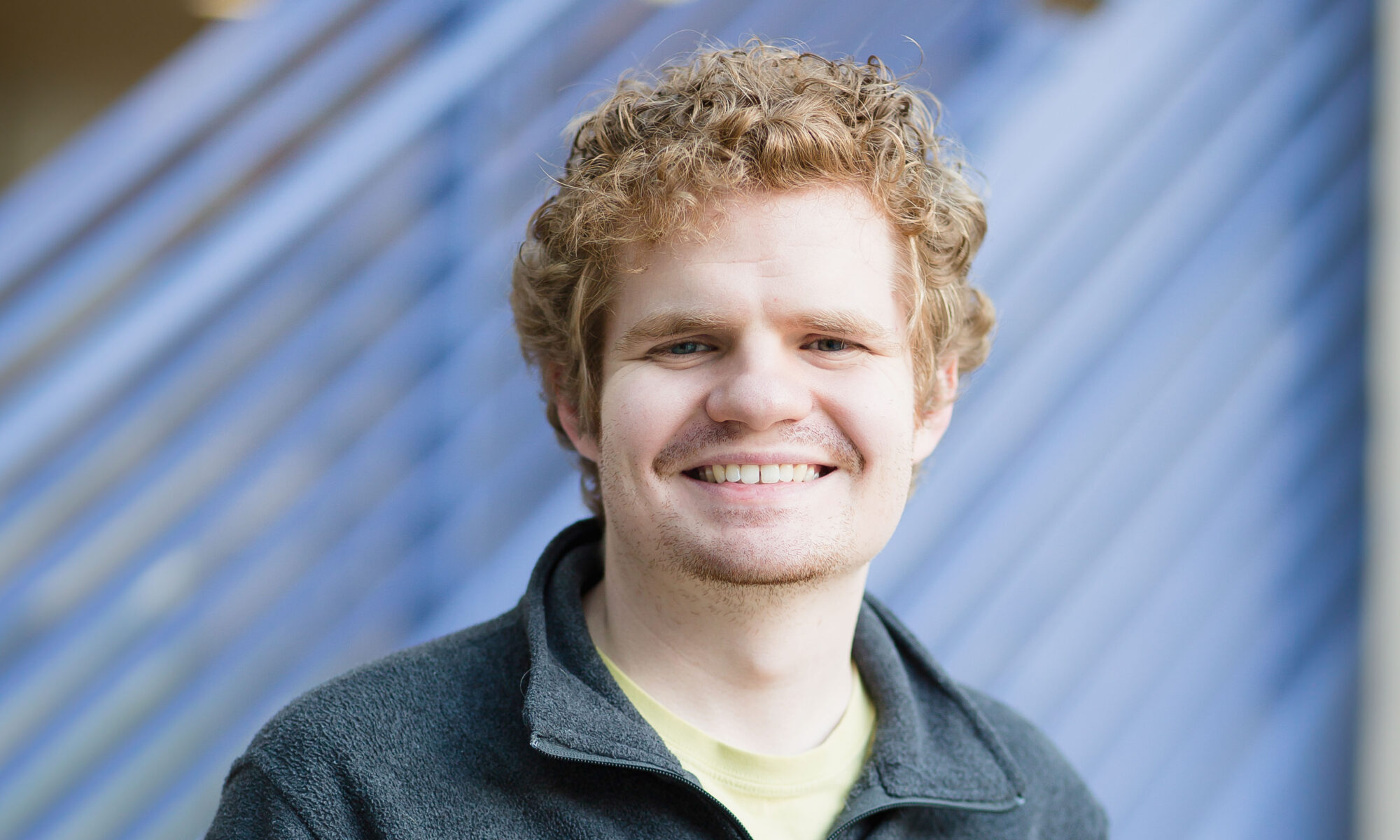
Matthew Huff, a research associate within the Department of Entomology and Plant Pathology, has a passion for understanding the world of genetics. Currently pursuing a doctoral degree in bioinformatics, Huff shares his experiences working in the Staton Lab.
Q&A with Matthew Huff
Can you tell me a little bit about yourself?
I am originally from Lexington, South Carolina, which is 30 minutes west of Columbia. I got my bachelor’s in genetics from Clemson University and my master’s in biomedical science, with a focus on bioinformatics, from the Medical University of South Carolina. I have worked with the University of Tennessee’s Department of Entomology and Plant Pathology in my current position for over five years. I have also been working towards my Ph.D. in bioinformatics for three years.
Who are the team of faculty you work with?
I work under Dr. Margaret Staton as a Research Associate. She is also my advisor for my Ph.D. research.
What are the primary research areas performed in the lab?
We are primarily a bioinformatics-focused lab; what that means is that we are given – or generate – data from an organism and use our computers to get meaningful results from this raw data. Our research focuses on the conservation of threatened trees; my research project is heavily focused on ash trees and the impact of the invasive emerald ash borer beetle.
How did you get into your career field?
My studies have a heavy background in genetics and, in time, bioinformatics. While I learned some of what I know from these classes, most of my current knowledge came from learning in the lab.
What is your favorite procedure to do in the lab?
Our RNA Sequencing pipeline is one of our easier procedures to run, and it is also the procedure we most often help other labs run.
What is the best part of your job?
As part of my position, I help other labs with bioinformatics consulting. I enjoy getting to teach other students and staff about how to run a bioinformatics process, and I also enjoy getting to work with organisms outside of what we usually analyze in our lab.
What do you consider to be one of your greatest achievements?
Last year, I presented my work on the Green Ash genome at the Southern Forest Tree Improvement Conference (SFTIC), and I won the Best Student Presentation for that year. I’ve always been self-conscious about my ability to articulate my research, and I saw winning this award as a step forward in that journey.
If someone wanted to get to where you are now, do you have any advice for them?
Always practice your coding when you get the chance; you never know when you’ll need to write new code to complete a task.
What are two of your favorite hobbies?
I’ve started working out to lose some weight; it’s hard work but it helps me unwind after a long day. I also enjoy building plastic model kits.
